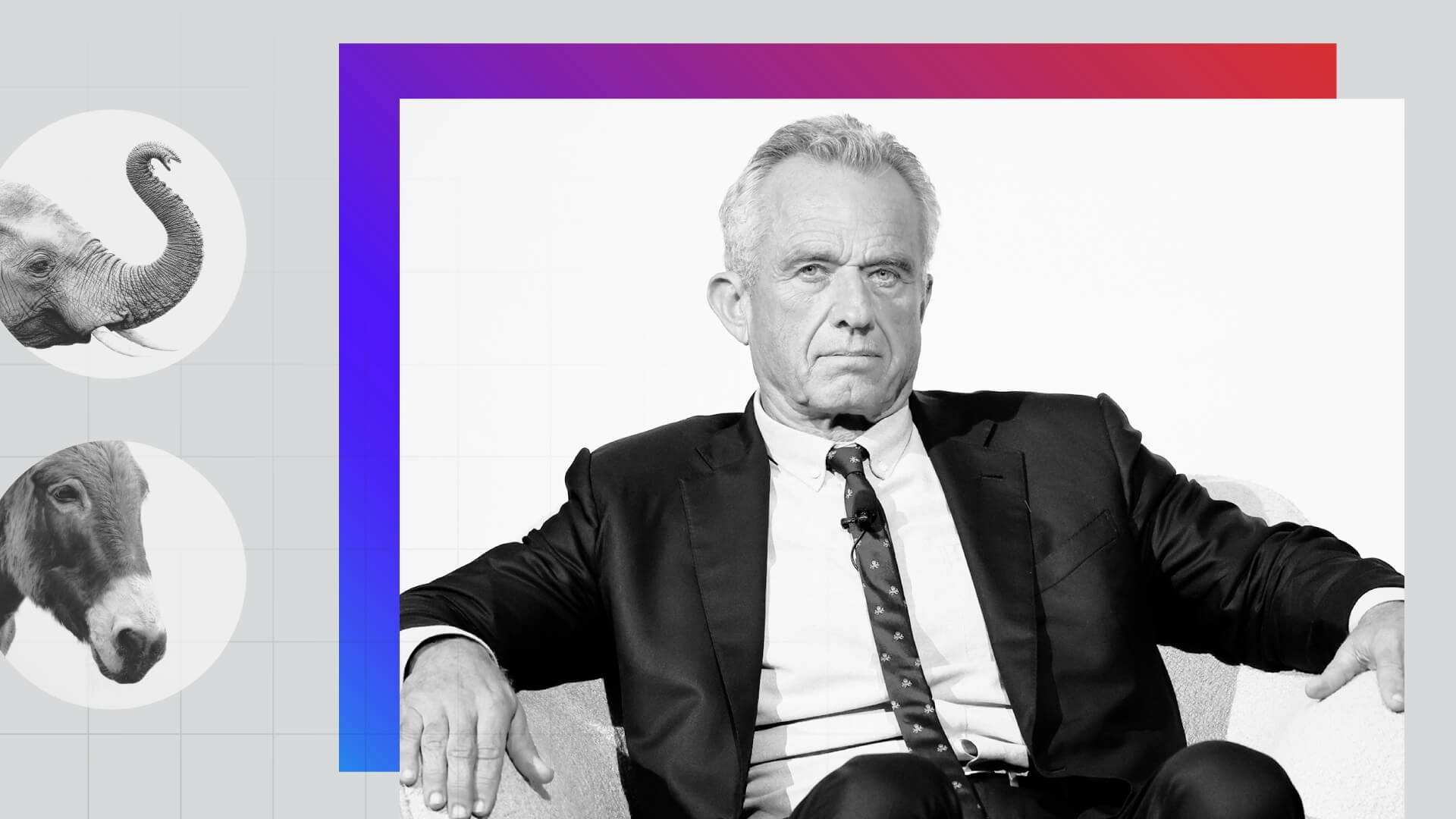Trump’s Honeymoon With Voters Is Sweeter the Second Time Around

Data Downloads
Pro+ subscribers are able to download the datasets that underpin Morning Consult Pro's reports and analysis. Contact us to get access.
Sign up to get the latest data and analysis on how business, politics and economics intersect around the world.
Donald Trump entered Election Day more popular with voters than he was during his first campaign, a trend that is carrying over to his presidential transition, putting his personal image at highs not seen since early 2017.
According to Morning Consult’s latest survey, 50% of voters hold favorable views of the president-elect, compared with 47% who view him unfavorably. That net favorability rating — the share with favorable views minus the share with unfavorable views — is Trump’s best since April 2017, and has only been surpassed one other time, in March 2017.
Trump’s favorability ratings have improved since before Election Day

From a partisan perspective, improvements to Trump’s personal image have been driven chiefly by independents and Democrats. Among Democrats, the share with unfavorable views of Trump fell from 87% to 81%, similar to the 57% to 50% drop among independent voters, who have also become 9 percentage points more likely to view the president-elect favorably.
The recent uptick in Trump’s popularity among the wider electorate is smaller than in the wake of his 2016 victory, due in part to his better standing ahead of this year’s contest with Republican voters. But our data shows the incoming president is more popular today than he was at a similar point eight years ago.
How Trump’s honeymoon in 2016 compares to 2024

Most notably, Trump’s net favorability rating is 41 points better off among Black voters now than it was at this time eight years ago. Our latest survey shows 36% of Black voters hold favorable views of Trump, compared with 16% in December 2016. When it comes to Hispanic voters, Trump’s favorability rating is 1 point above water, compared with a 23-point deficit eight years ago.
As a result, America’s youngest voters, who are increasingly racially and ethnically diverse and have also become less liberal in recent years, are also more likely to hold favorable than unfavorable views of Trump (51% to 41%), marking a 19-point improvement since before the November election.
The bottom line
These findings underline something we’ve learned over the past election cycle: For a critical mass of Americans, the shock effect of Trump’s presence in public life has worn off. While prominent voices of the left spent most of the past near decade repeating the mantra “this is not normal,” it’s clear that Trump has been normalized as a political figure.
That leaves Trump poised to enter the White House next month at a new height in his political power given gains with younger voters and voters of color, which fueled his most decisive electoral victory to date. His strength with Republican voters is also already giving him enormous sway with Republicans in Congress as he looks to set up his administration and prepare for his first day in office.
Whether, and how long, Trump can maintain this political capital is another matter.
Honeymoons are called that for a reason, and Trump and President Joe Biden each have proved how tenuous they can be — be it the public’s reaction to the former’s failed effort to overturn Obamacare in 2017 or its response to the latter’s presiding over the messy U.S. withdrawal from Afghanistan in 2021.
This time around, Trump looks poised to go further on immigration than the public wants to go on issues such as immigration with his planned efforts to further limit the number of legal migrants in the country or impose drastic tariffs and extend corporate and individual tax cuts that would almost certainly counter efforts to lower the cost of living — and are a relatively low priority for voters. While views from Republican voters may be movable on the immigration issues, inflation is another matter.
Trump’s transition underlines one final point: Voters aren’t yet paying a lot of attention to him in a way they’ll be forced to once he’s back in the Oval Office. Trump is getting good marks for his handling of the transition and voters hold fairly positive views of prominent Cabinet picks such as Robert F. Kennedy Jr., but far fewer are paying attention to some of his most controversial administration picks as they face Washington media storms.
Time and time again, quieter periods for Trump have resulted in higher popularity figures. But he won’t be able to lie low come Jan. 20.
Eli Yokley is Morning Consult’s U.S. politics analyst. Eli joined Morning Consult in 2016 from Roll Call, where he reported on House and Senate campaigns after five years of covering state-level politics in the Show Me State while studying at the University of Missouri in Columbia, including contributions to The New York Times, Politico and The Daily Beast. Follow him on Twitter @eyokley. Interested in connecting with Eli to discuss his analysis or for a media engagement or speaking opportunity? Email [email protected].
Related content

Americans Have Become More Hawkish on Illegal Immigration — but Not Legal Migration

Kennedy’s HHS Nomination Remains Relatively Popular as Pushback Begins to Mount
